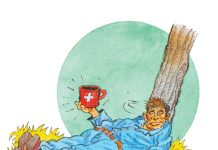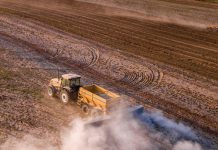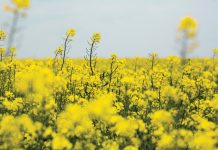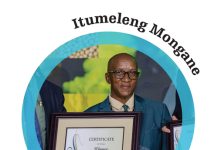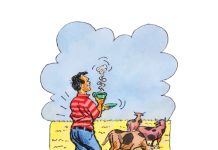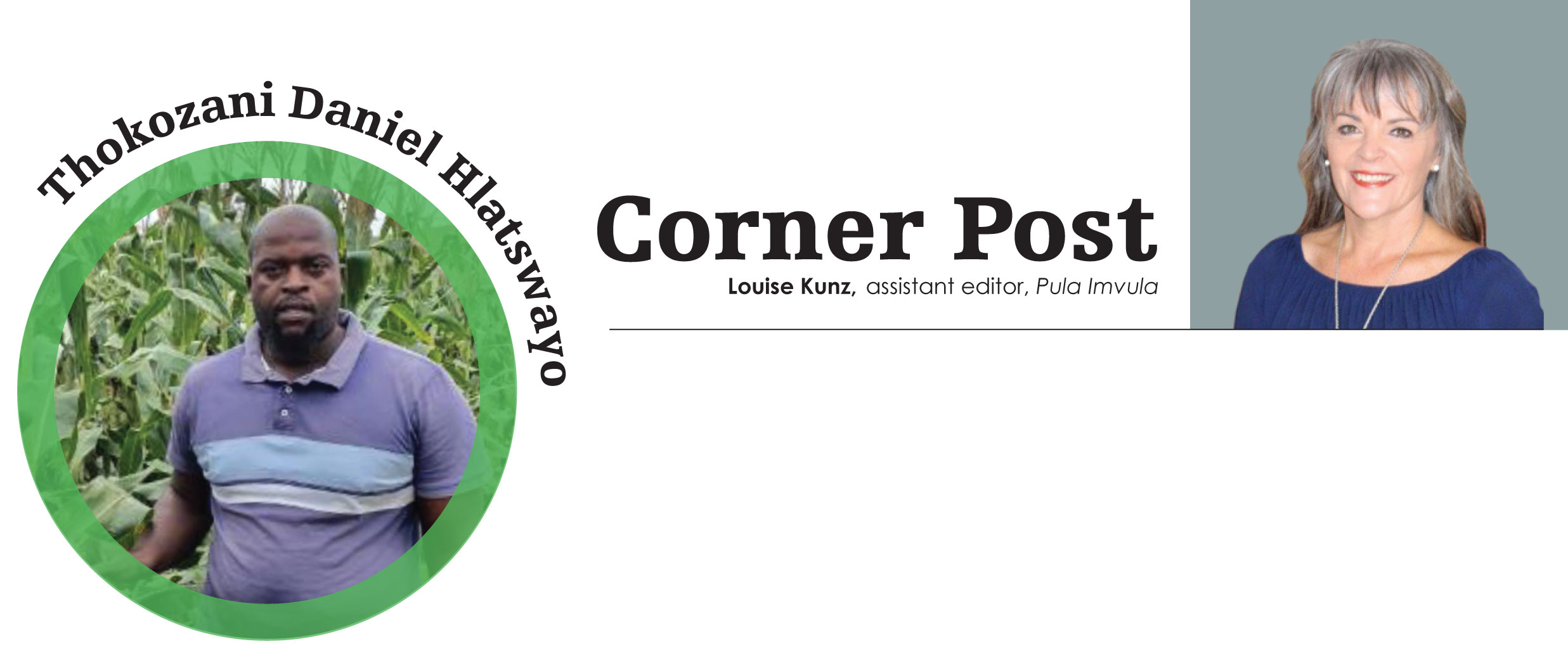 After completing his school education, Thokozani Hlatswayo (41) first worked for a firm making office furniture, later becoming the mainline operator. He then changed careers and worked for African Cables, a company that replaced cables for mines all over South Africa. When he was retrenched in 2015, he went home to the farm and eventually realised that farming was his calling.
After completing his school education, Thokozani Hlatswayo (41) first worked for a firm making office furniture, later becoming the mainline operator. He then changed careers and worked for African Cables, a company that replaced cables for mines all over South Africa. When he was retrenched in 2015, he went home to the farm and eventually realised that farming was his calling.
At the end of that year he bought goats at an auction in Ermelo. It was here that he heard about Grain SA and the support developing farmers can receive through the Farmer Development Programme. He joined a study group at Daggakraal near Amersfoort in 2016 and started expanding his agricultural knowledge. He was so committed that he was selected as a finalist in the 2022 Smallholder Farmer of the Year category of Grain SA’s farmer of the year competition.
Thokozani farms with his 86-year-old father, Robert, on their 800-ha farm, Broederstroom, in the Amersfoort district where their cattle, sheep and goats graze on a 715-ha piece of land. Although he is not planting on a big scale yet, he has achieved an average yield of more than 6 t/ha of maize for the past couple of years.
This season he planted 18 ha of soybeans instead of maize in order to create a rotation system. Unfortunately the high rainfall in the Mpumalanga area made it a challenging season, but he remains positive. He would like to grow the crop side of the operation, but he has decided to start small and gradually increase it. In this way he can make sure that he masters the skills required to be a successful crop farmer.
Thokozani is also very handy and can fix all his own equipment – he has even been able to keep a 36-year-old Volvo BM tractor operating. Although none of his siblings (six brothers and two sisters) are interested in agriculture, his 19-year-old nephew is keen to learn the ropes from his uncle and grandfather.
THOKOZANI’S STORY
How has Grain SA contributed to your operation?
This is a high rainfall area and initially the soil did not produce to potential. I called Grain SA for assistance and gathered the necessary information from the experts. I have learned so much from them about the importance of input requirements and crop estimates. In the beginning I was using old methods and Grain SA has taught me a new method to plant without disturbing the soil – no-till is caring for the land.
What is the best thing about farming?
The soil! Everything we do on the farm revolves around soil – and turns into life. Without soil there is no life. Farming also offers me the opportunity to make a difference in the community – whether it is by the food I grow or the job opportunities in harvest time.
How do you help others?
As leader of the study group, I am able to share my knowledge not just with other farmers, but also with my workers. I also check the group members’ products and assist them with tasks such as spraying until harvest time. If I see a problem, I contact Jurie. During harvest time I offer job opportunities by hiring extra hands from within the community to help with the workload.
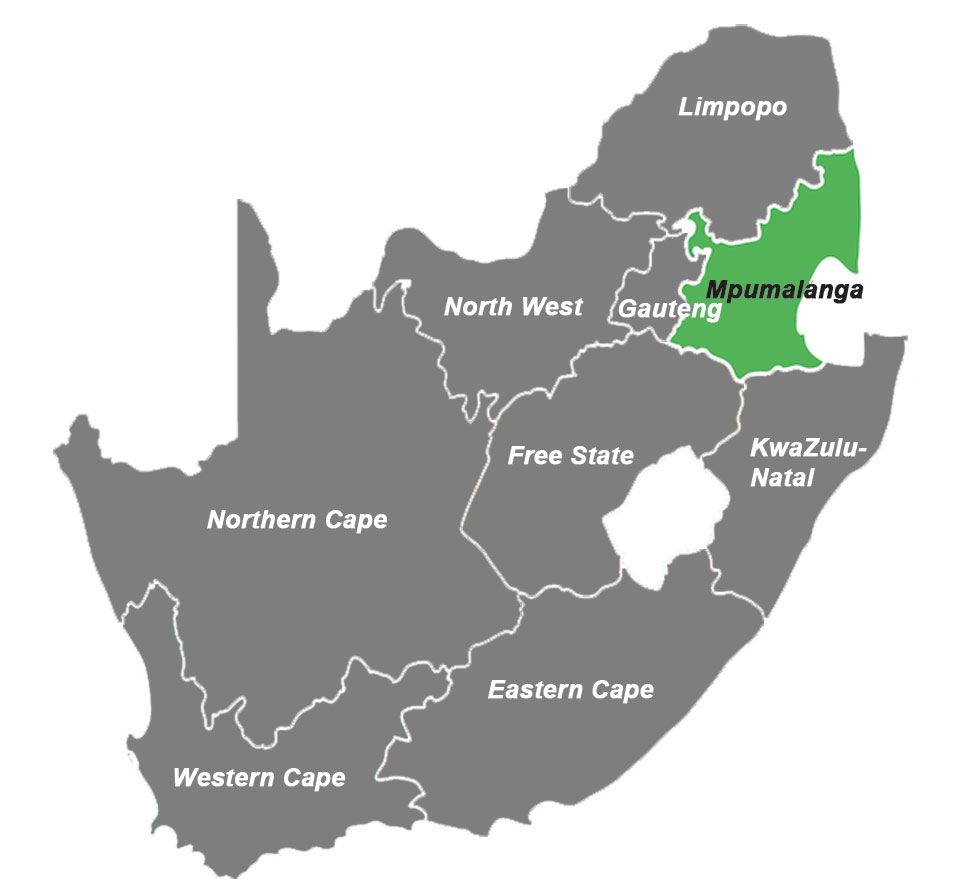
FARM FACTS
Farm: Broederstroom
Nearest town: Amersfoort
Region: Mpumalanga
Size: 800 ha
Type: Mixed (plants maize, soybeans and dry beans and owns cattle, sheep and goats)
GRAIN SA’S CONTRIBUTION
- Joined Grain SA in 2016
- Chairman of the Bethamoya study group
Training courses completed:
- Introduction to maize
- Introduction to dry beans
- Introduction to soybeans
- Mycotoxins
- The welding and painting courses
A mentor’s view:
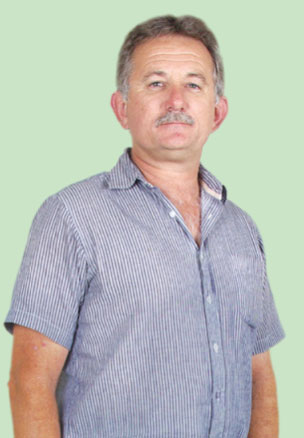 Jurie Mentz, regional development manager at the Louwsburg office, says Thokozani is a very energetic, hard-working young farmer who is always eager to learn. ‘As chairman of the Bethamoya study group he plays a leading role and sets an example for other farmers in the area when it comes to maize production. He is also always willing to help the other farmers in the group. This young farmer is making a big impact on his fellow farmers and the community at Bethamoya.’
Jurie Mentz, regional development manager at the Louwsburg office, says Thokozani is a very energetic, hard-working young farmer who is always eager to learn. ‘As chairman of the Bethamoya study group he plays a leading role and sets an example for other farmers in the area when it comes to maize production. He is also always willing to help the other farmers in the group. This young farmer is making a big impact on his fellow farmers and the community at Bethamoya.’
A special word of thanks to AB InBev (SAB) who is another partner of Grain SA’s Farmer Development Programme. Their mission with the programme is in the first instance to make the farmers profitable and secondly to increase the number of developing farmers taking part in the programme. Thus far more than 1 000 developing farmers have benefitted from the programme by cultivating commodities such as barley, maize and groundnuts.




